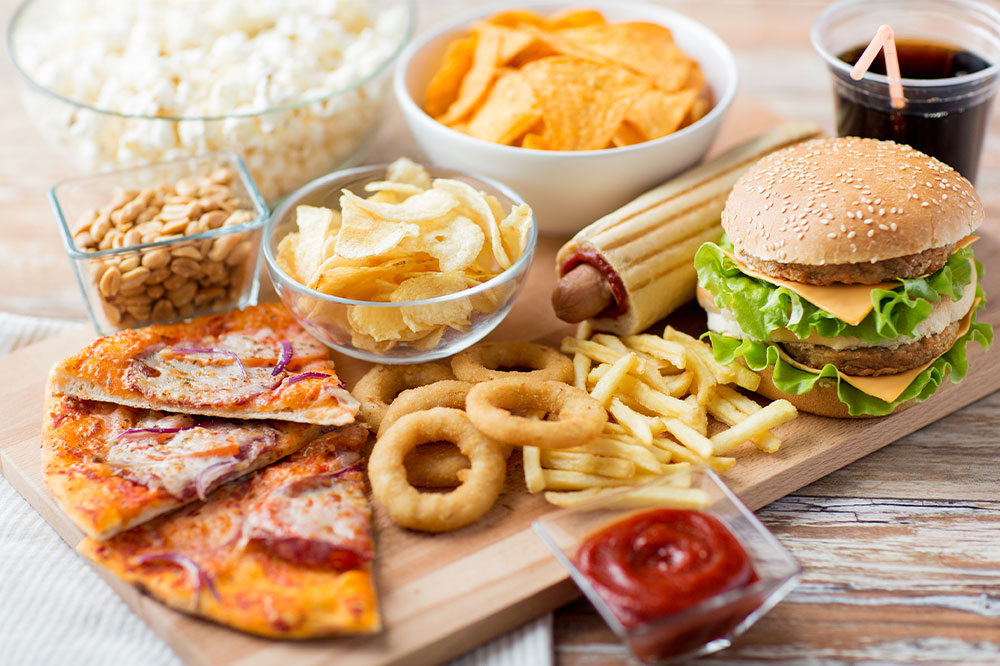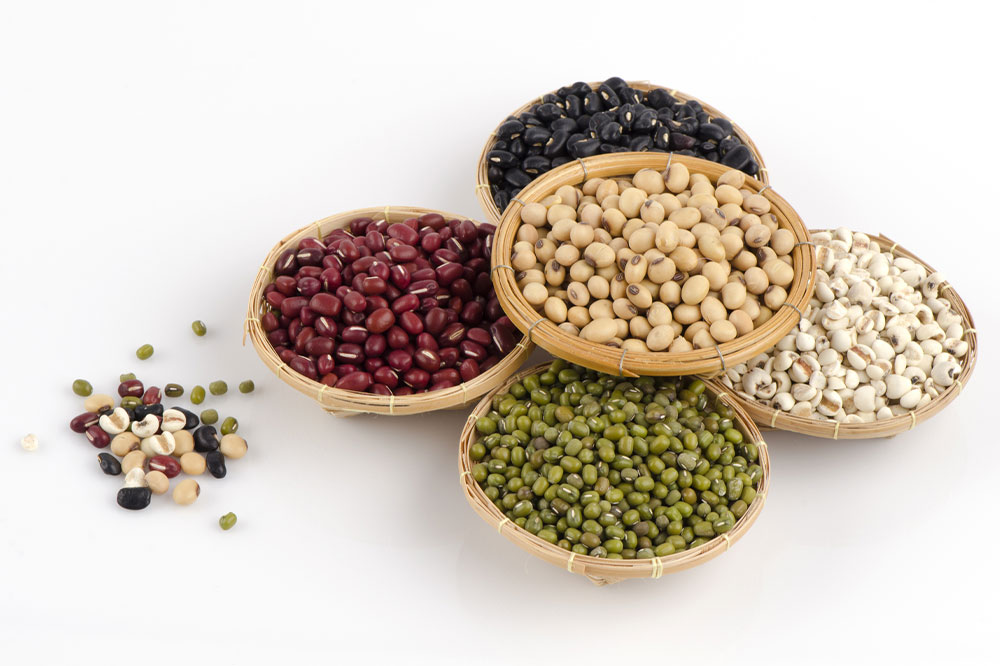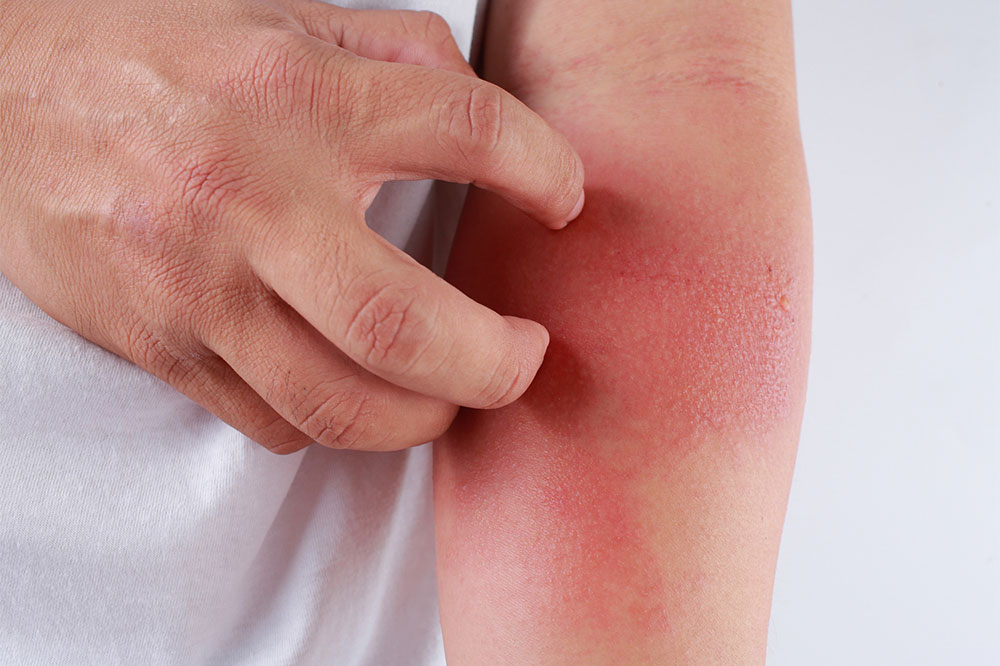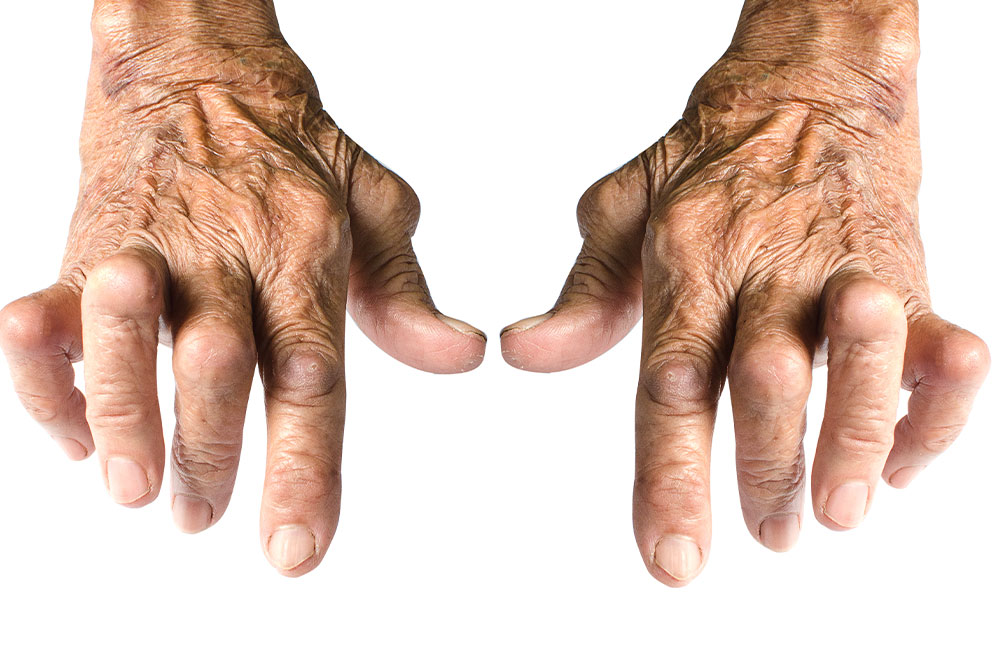6 foods to avoid when dealing with soft tissue sarcoma

Soft tissue sarcoma is a rare form of cancer affecting tissues that connect and surround structures like blood vessels, tendons, nerves, the lining of joints, fats, and muscles. As soft tissues can be found all over the body, sarcoma can develop anywhere. Food habits play a major role in managing sarcoma treatment side effects and one’s recovery. Here are some food choices that sarcoma patients should consider based on the severity of their condition.
Food choices and sarcoma
There are over 50 types of sarcoma, some are more common in kids, while some are found to affect adults. Sarcoma usually develops in the abdomen, arms, and legs. While good food choices are essential in maintaining and managing one’s health, they are of utmost importance when undergoing cancer treatments. Sarcoma treatment can lead to changes in one’s physical appearance, immunity, and energy levels. Some common side effects of treatments like chemotherapy or radiation therapy include difficulty swallowing, diarrhea, loss of appetite, nausea, heartburn, change in taste, fatigue, iron deficiency, or constipation. So, one should understand the kinds of foods to eat and avoid to manage these symptoms. Right foods can increase one’s energy levels, help maintain muscle mass, reduce inflammation, and boost immunity, ensuring a speedy recovery. On the other hand, the wrong foods can aggravate the condition or slow down recovery.
Foods to avoid
Red meat and processed food
Deep-fried starchy foods like fries and crispy chicken are key foods to avoid when dealing with soft tissue sarcoma, as these foods are high in saturated and trans fats. Such foods also contain hydrogenated oils that are known to cause inflammation. Similarly, processed meat may contribute to the increase in tumor size and the risk of soft tissue sarcoma. Cancerous cells use up most of one’s energy and exert pressure on the digestive tract, especially in the case of abdominal sarcomas. So, red meat, which is difficult to digest, may further aggravate the condition. Instead, one can opt for minimally processed foods like oats, whole wheat, and bran. These foods are rich in soluble fiber and can help with digestion, metabolism, and cellular repair.
Acorn
The quercetin and gallic acid content in acorns are known to interfere with chemotherapy, which is a common mode of treating sarcoma. So, one can opt for substitutes like hazelnut.
Brussels sprouts
The active ingredients in Brussels sprouts may cancel out the biochemical pathways that the chemotherapy utilizes to work efficiently within one’s system.
Soybean
Soybean is another treatment-interfering food that promotes the effects of genes on one’s metabolic pathways.
Sugary foods and beverages
Foods and drinks high in salt and sugar, like sodas, candies, donuts, and cakes, are known to exert stress on one’s body and slow down the healing process.
Lightly cooked or raw foods
Sarcoma patients usually have a compromised immune system. This means that their immune system is unable to recognize and eliminate abnormal cancer cells. So, it is advisable to avoid uncooked or half-cooked foods and unwashed fruits and vegetables. Uncooked and unwashed food items have a risk of carrying foodborne illnesses that can put undue pressure on one’s system. These foods include raw fish, half-boiled or raw eggs, raw sprouts like alfalfa sprouts, unpasteurized cheese, and unwashed fruits and vegetables, especially leafy greens.
Foods to consider
Adding liquids to daily meals can help one tackle constipation and mouth ulcers—common side effects of chemotherapy. Fruit juices and green smoothies are easy to digest and provide instant energy. One can also have high-protein homemade shakes that soften solid foods and help with muscle building. Food in liquid form is particularly helpful when experiencing painful sores; it also helps the body stay hydrated. Additionally, ginger tea, peppermint oil, or a slice of lime can help keep nausea at bay.
As cancer affects each individual differently, one should consult a doctor to get a customized treatment and meal plan based on the type and severity of the condition.




